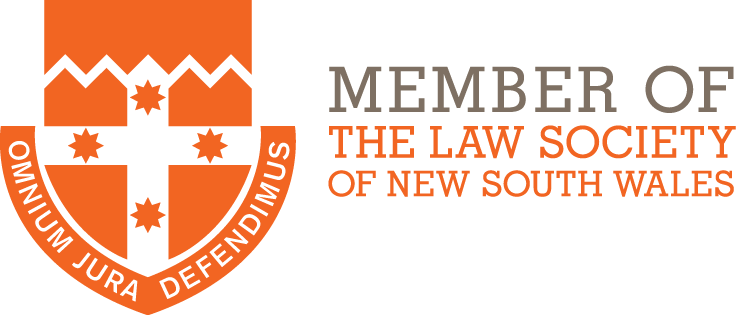Definitions
- Complainant: The person against whom an offence is alleged to have been committed.
- Defendant:
The person alleged to have committed an offence or against whom an Apprehended Violence Order has been applied for.
- Domestic and family violence: Traditionally used in NSW to describe violence in intimate partner relationships and against other family members. Some use it specifically for violence in current or former intimate partner relationships. This term is encompasses violence in intimate partner relationships and against other family members.
- Family Violence: Preferred by Aboriginal and Torres Strait Islander peoples. Reflects violence in a wide range of family and kin relationships and its broader impact on families and communities and is used in the Family Law Act 1975 at the Federal level.
- Domestic Abuse: Suggested by some commentators as a better term than than family violence. Emphasises not only physical violence but also other forms of abuse.
- Perpetrator: A person who uses domestic and family violence – whether charged or convicted or not. In other contexts, you might also see variations on the terms ‘men who use violence’ or ‘person who uses violence’. In a criminal law context, where a person has been convicted of an offence, it is more common to use the term ‘offender’.
- PINOP or "person in need of protection": The person for whose protection an Apprehended Violence Order is sought or made.
- Victim-survivor: When discussing individuals affected by domestic and family violence, it is important to recognize the strength and resilience of these individuals. They may have personal preferences for how they are identified, with some choosing terms like "victim," "survivor," or another term that resonates more with their experience.
Contact Us
Don't face this challenging situation alone. Let Velasquez Legal provide the expert witness advice and representation you need. Contact us today to schedule your consultation and ensure your rights and interests are protected.


